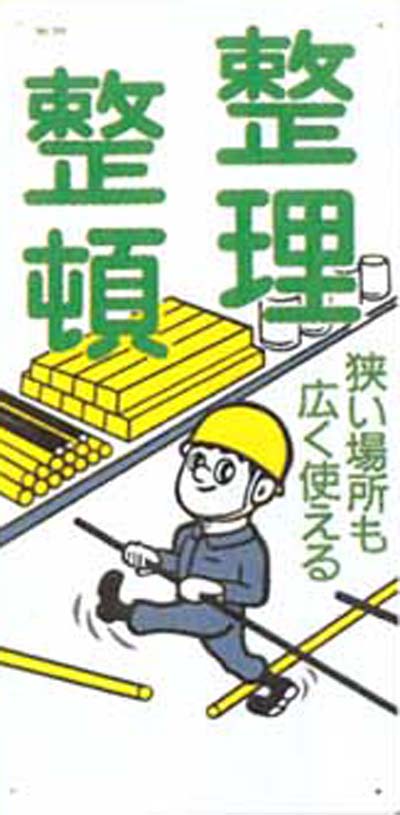
 |
|
|
||||
|
11-08-2010, 07:41 AM
This sounds to me, a native speaker, more like the definition of のんびりする than that of ゆっくりする. ゆっくりする has a very limited usage in real life. When someone visits you at your home, you may say ゆっくりしていってください (colloquially, ゆっくりしてってください), meaning "Make yourself at home."
|
|
||||
|
11-08-2010, 11:17 AM
Quote:
Sorry for being a bit misleading! |
|
|||
|
11-08-2010, 11:21 AM
Thanks for the help, masaegu san.
 I have another question which is regarding 整理する, まとめる and 片つ"ける. I was wondering if there are many differences between the 3 verbs? 失敗をしない人間はいない。 いるのは失敗から立ち直れない奴と 立ち直れる奴だ。 |
|
|||
|
11-08-2010, 11:25 AM
Quote:
No worries, Columbine san. My guess is that ゆっくりする is usually stated in the textbooks but in reality, people hardly say that, but that's just my guess.  失敗をしない人間はいない。 いるのは失敗から立ち直れない奴と 立ち直れる奴だ。 |
|
||||
|
11-08-2010, 12:53 PM
Quote:
まとめる means "gather together into a place". Suppose a kid is done playing with several toys and these toys are usually kept at one place, such as in one box. In this case, you as a parent can tell your kid to まとめる all the toys that are now scattered around the room. You can use 片付ける, too, in this situaton. However, if those toys are usually kept at more than one place, you can only use 片付ける technically. 整理する can be used in both situations but it's more natural for the native speaker to opt for the word 整理整頓(せいりせいとん)する. You will frequently encounter the sign 「整理整頓」 in Japanese elementary schools and factories, but you won't ever see a sign saying only 「整理」.  [IMG]http://iwashi.laff.jp/photos/uncateg...218_184850.jpg[/IMG] |
 |
| Thread Tools | |
|
|